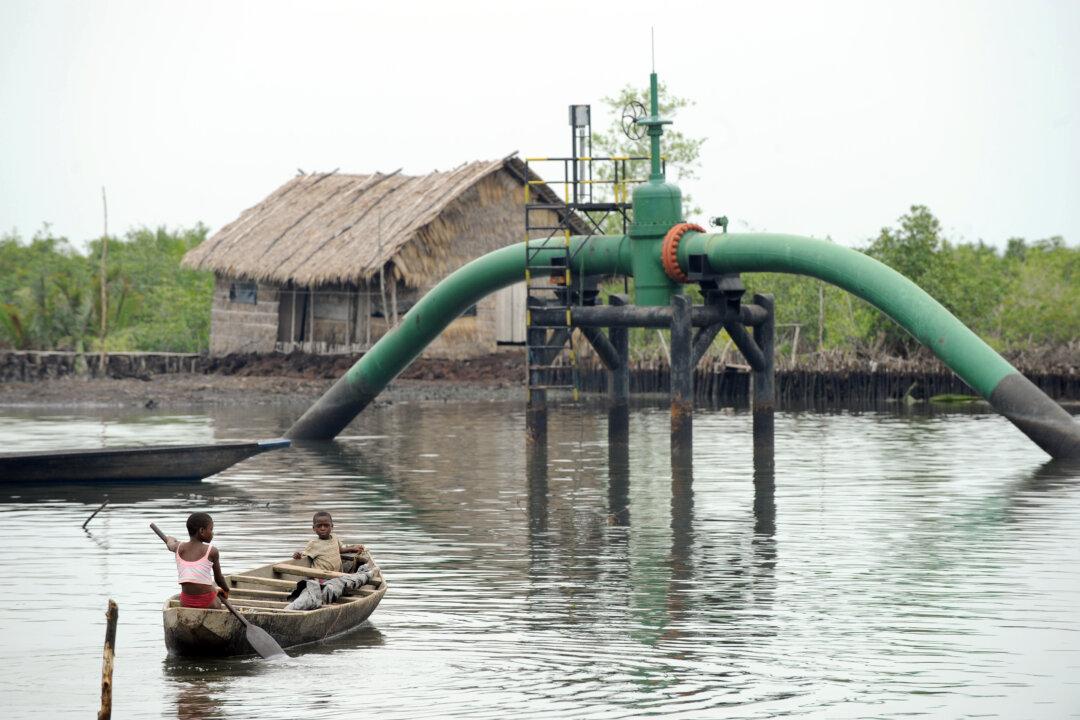Over the past decade, oil and gas exploration operations have multiplied across sub-Saharan Africa, often in remote areas far from political and commercial capitals. Wooed by surging prices in global markets, at least 90 percent of African countries now explore for oil and gas.
Until recently, when oil and gas prices remained high, foreign investors were willing to accept the risk on establishing operations in areas where there was little infrastructure and, sometimes, local opposition and resistance to states’ efforts to develop resources.
Invariably, African governments trumpet the potential of oil and gas finds to transform economies and improve lives and livelihoods. But the economic, social, and security benefits of oil and gas operations for rural populations are unclear.
